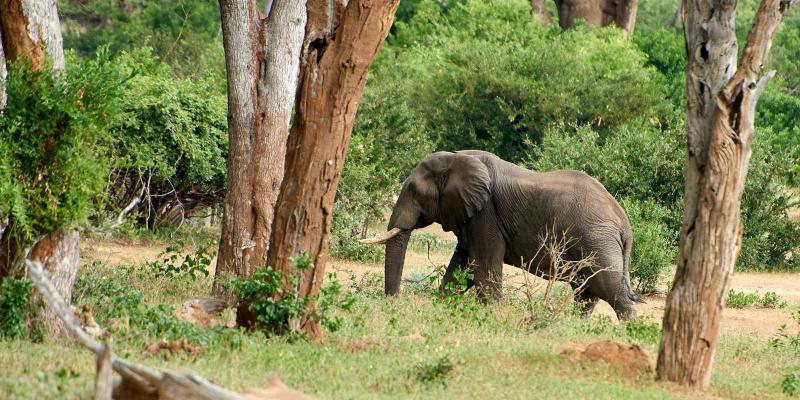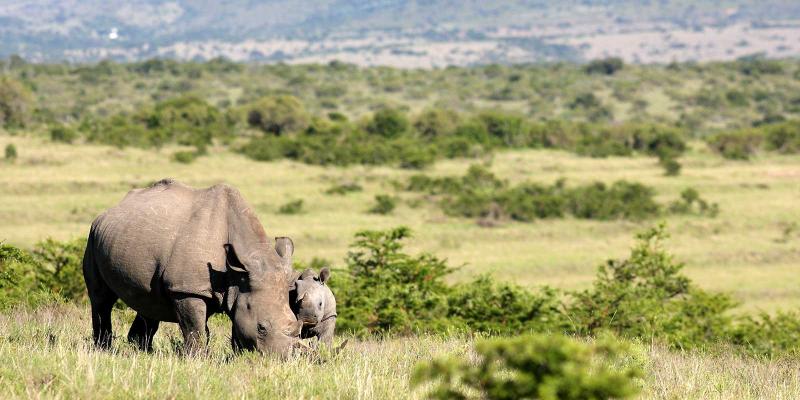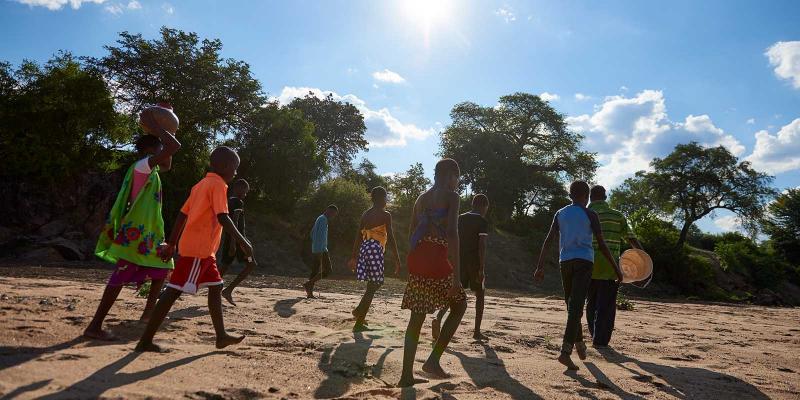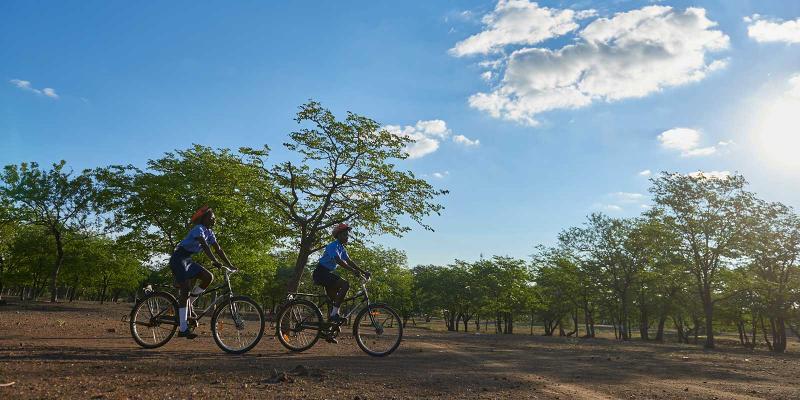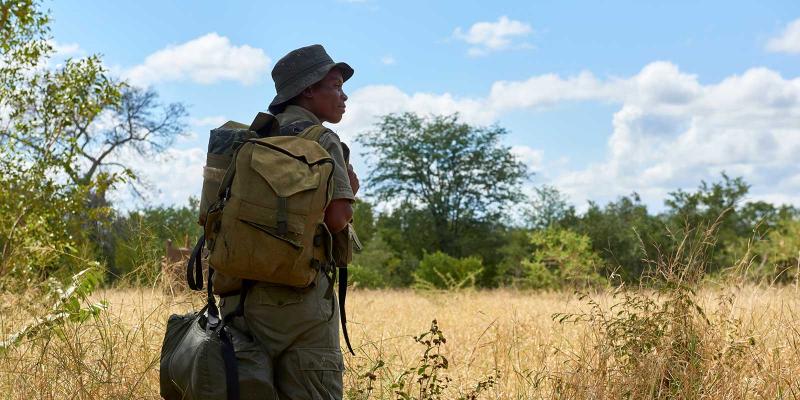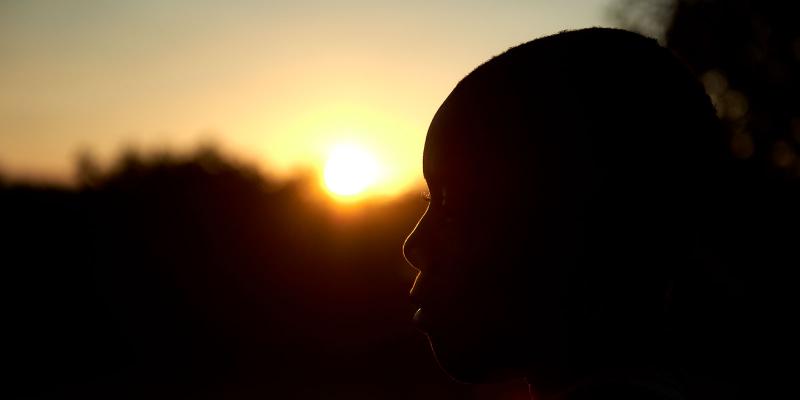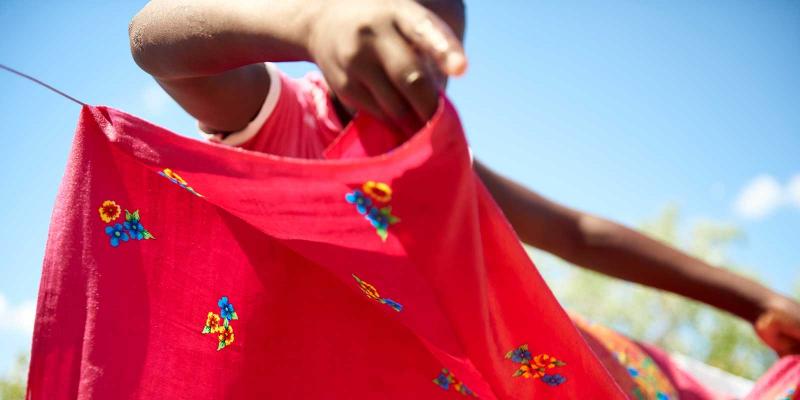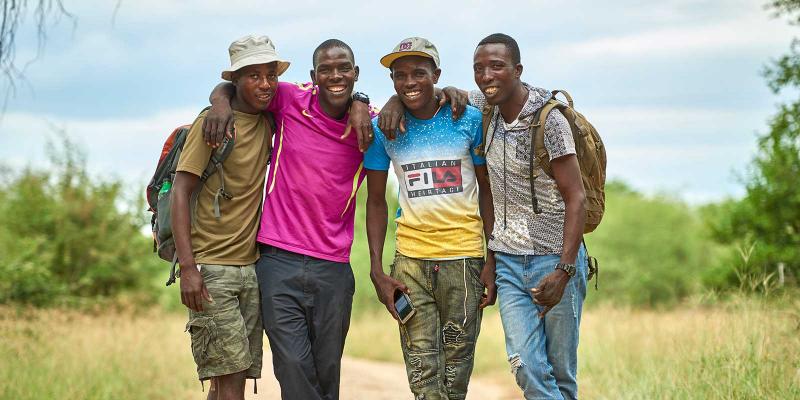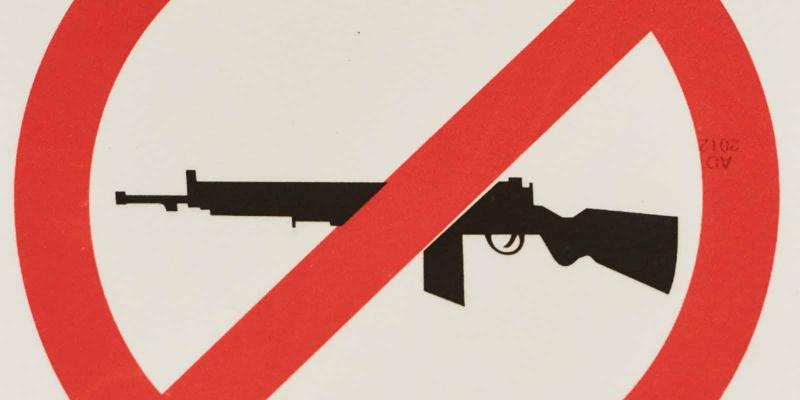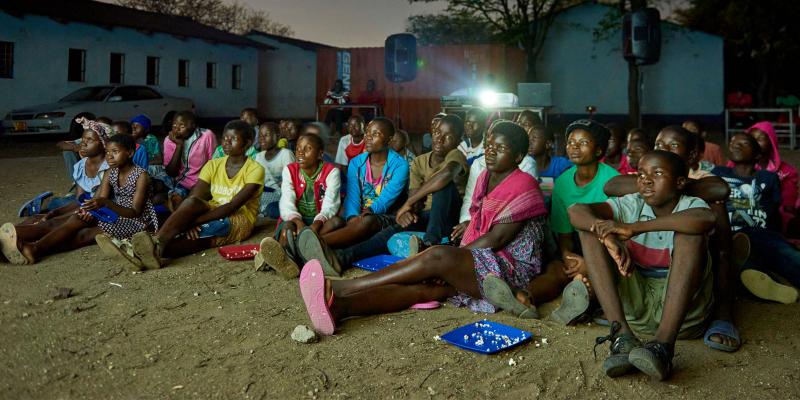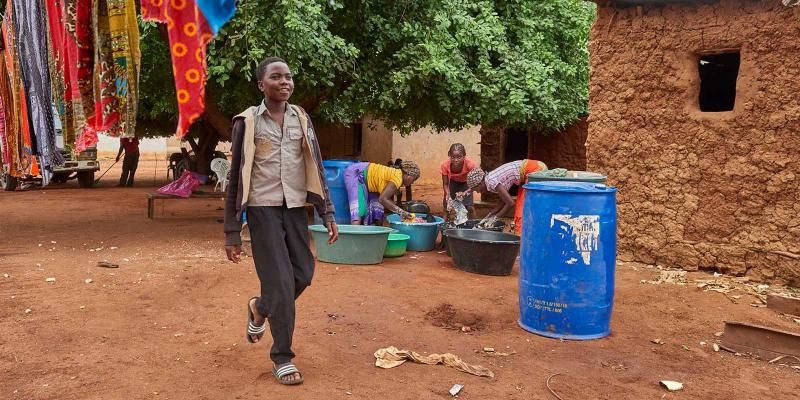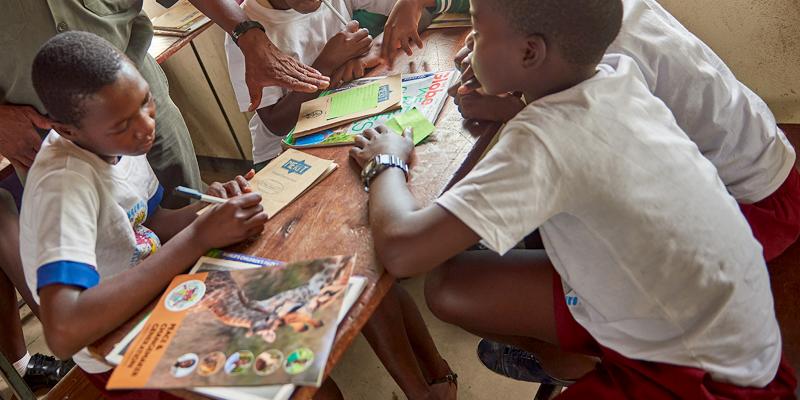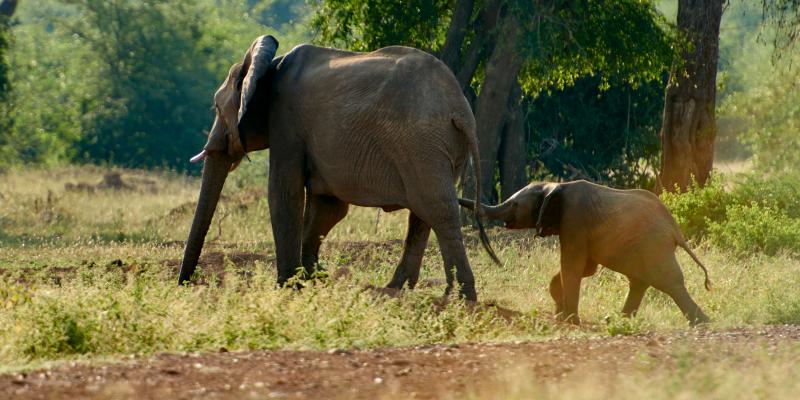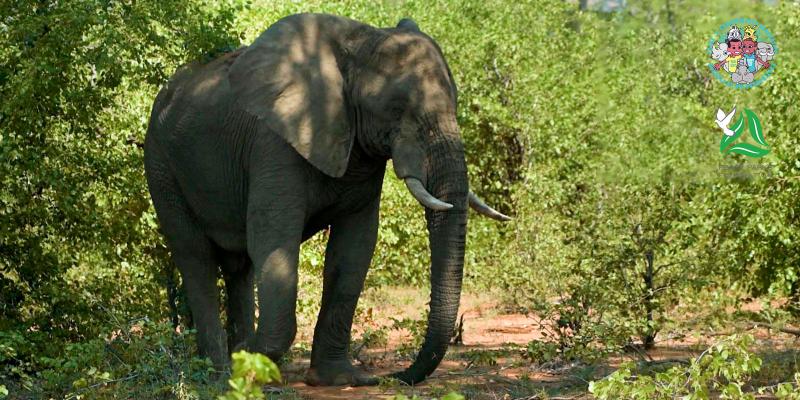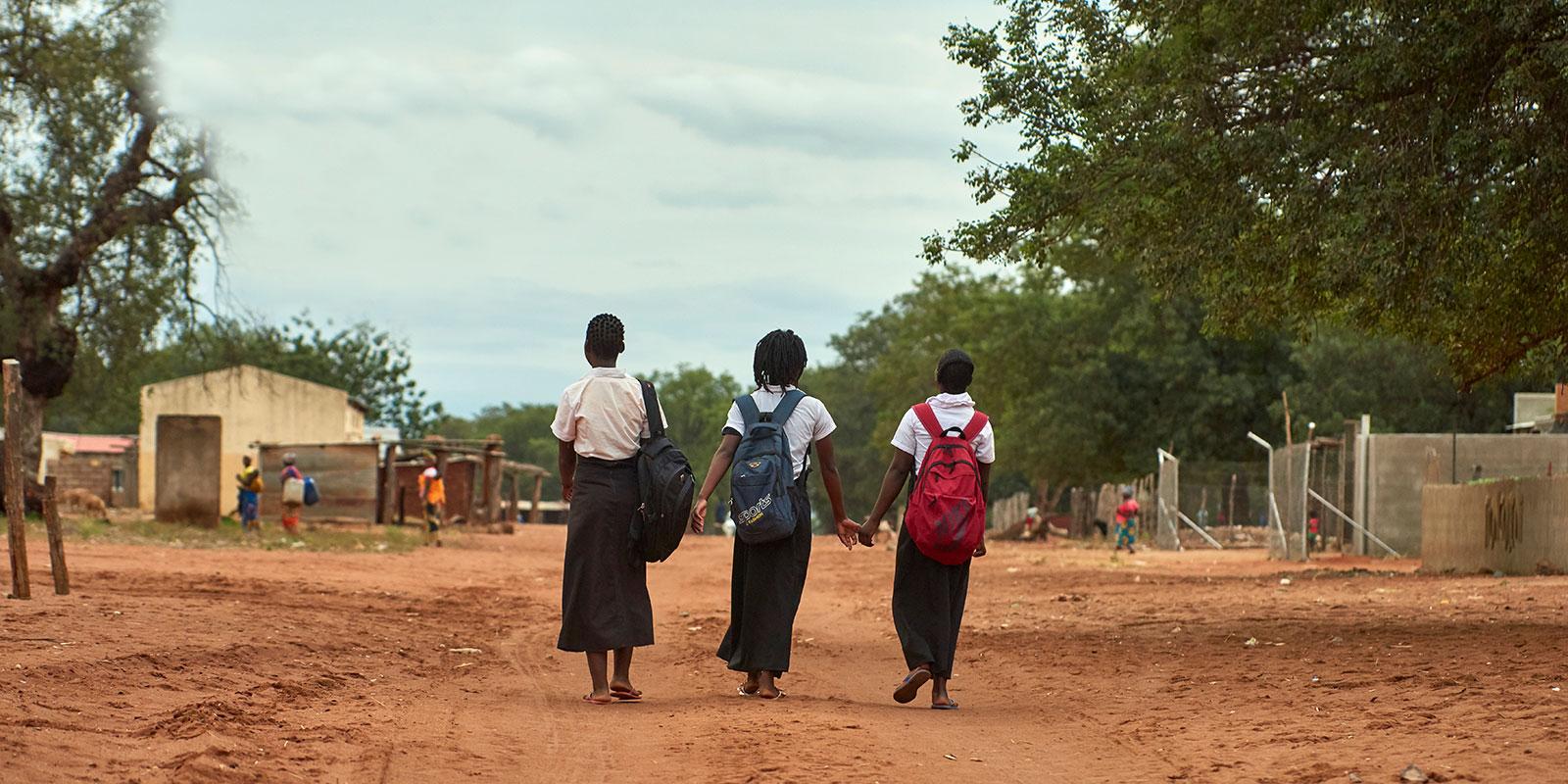
“I fell pregnant at the age of 14 and was forced to quit school and get married. Now my life is like a prison. But luckily, my husband picks oranges on a farm in South Africa instead of poaching.
Many girls here have lost their husbands who were rhino poachers. Their lives are even harder than mine,” says Ana, 16, from a village near Limpopo National Park in Mozambique.”
“I loved school! My favourite subjects were maths, English and Portuguese. Of course I helped out at home, but I also had time to be with my friends. We often did our homework together.
My life changed completely when I was 14. I got pregnant and had to quit school. According to our tradition, I was regarded as the wife of the man who got me pregnant. I belonged to his family and they didn’t want me to continue with school. I cried, but there was nothing I could say. My role became looking after the baby, my husband and the household.
My husband is only 20, and no-one forced me into the relationship at the start. But I was disappointed that he turned out to be the type of husband who makes all the decisions about me. He forced me to quit school and he refuses to let me start again. I know, because I asked recently. I was sad and angry, but the husband decides here, and I have to obey.”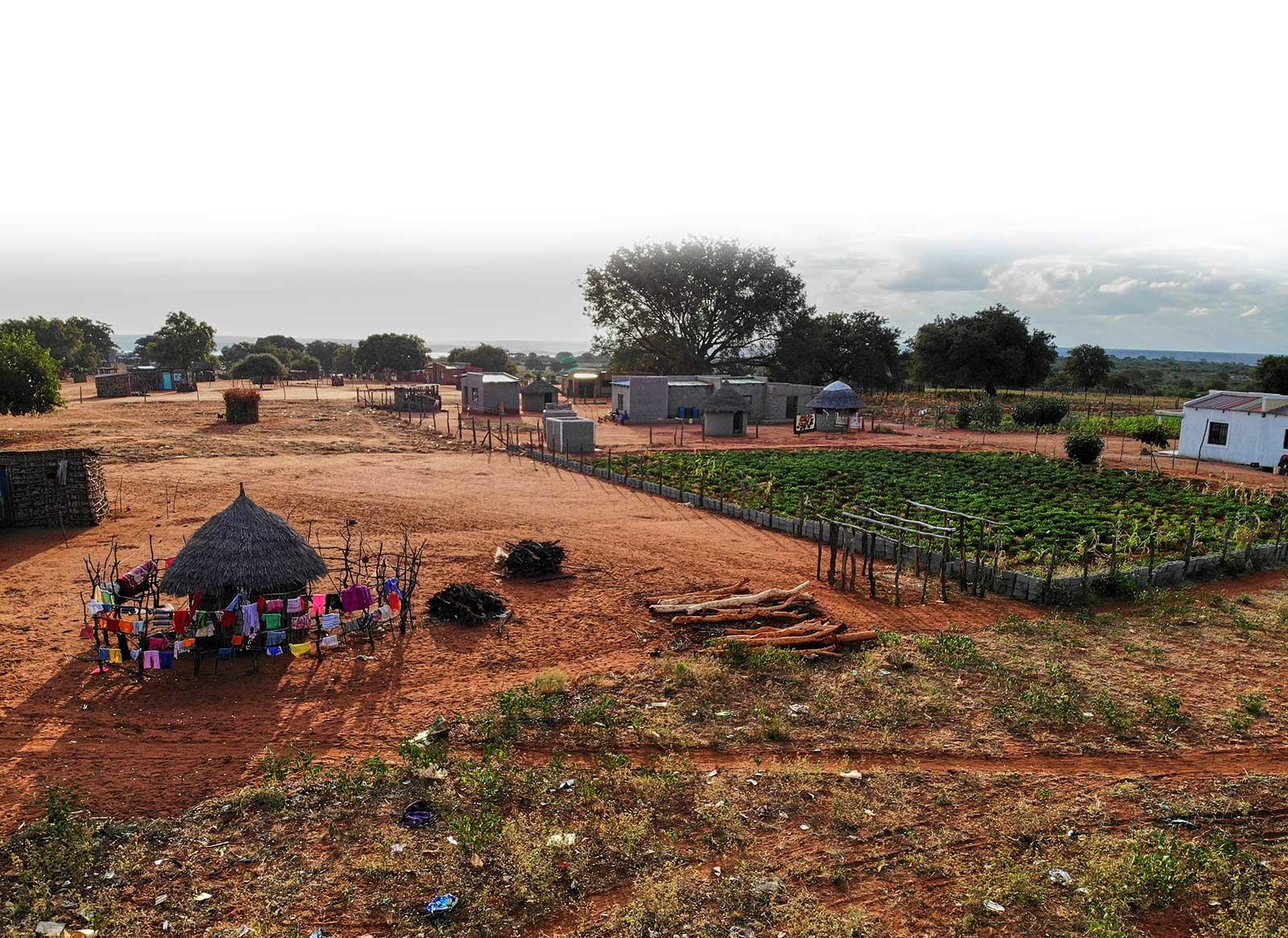
“When I watch my friends going to school while I’m stuck here, it makes me sad,” says Ana.
Like a prison
“I clean the yard, fetch wood, work in the field, grind maize and take care of my daughter. My husband buys clothes for her, otherwise I’m the one who looks after our daughter. I wash my husband’s clothes, make sure there’s always water so he can wash, and I cook his food. He forbids me from seeing my friends and it leaves me feeling lonely and excluded. I watch them going to school and it makes me sad. I live where I cannot do what I want or meet who I want. It’s like a prison.”Husbands disappear
“There are no jobs here, so my husband picks oranges on a farm in South Africa. He’s only at home a couple of times a year. It’s not easy, but at least it’s better than if he had been a rhino poacher.One of my relatives was shot and killed in South Africa while poaching, and many poachers from this village are in prison. It’s really hard for the families to cope when the husbands disappear. When there’s no money, it’s hard to buy food and pay for the children’s schooling. At least I don’t have that worry. But I think about school every day. It feels like I lost the chance of a good life the day I had to leave school.”
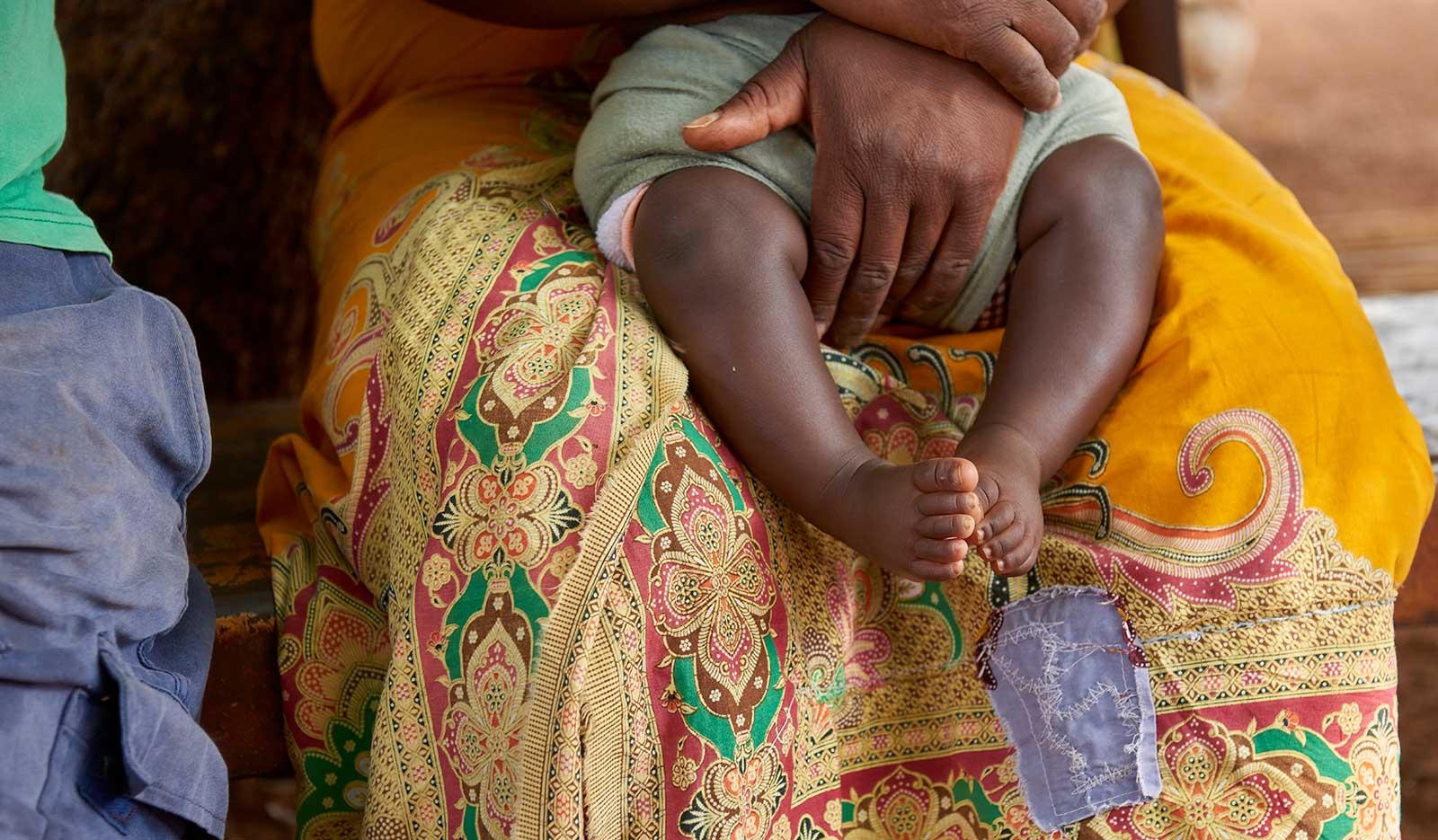
No equal rights
“Boys and girls here don’t have equal rights. Life is harder for girls, who clean, cook and do all the household chores. Boys do nothing. But their voices and opinions count more than girls’, in the family, at school and in the village. I really don’t like that. It’s not right, things need to change.”Related stories
Långgatan 13, 647 30, Mariefred, Sweden
Phone: +46-159-129 00 • info@worldschildrensprize.org
© 2020 World’s Children’s Prize Foundation. All rights reserved. WORLD'S CHILDREN'S PRIZE®, the Foundation's logo, WORLD'S CHILDREN'S PRIZE FOR THE RIGHTS OF THE CHILD®, WORLD'S CHILDREN'S PARLIAMENT®, WORLD'S CHILDREN'S OMBUDSMAN®, WORLD'S CHILDREN'S PRESS CONFERENCE® and YOU ME EQUAL RIGHTS are service marks of the Foundation.




